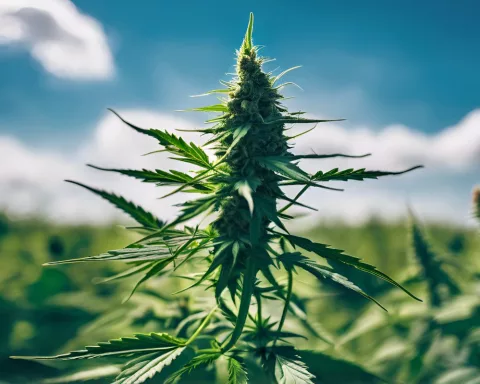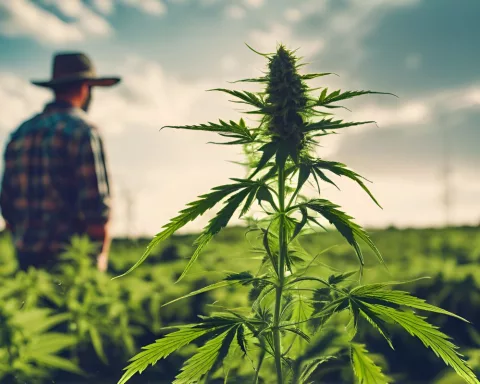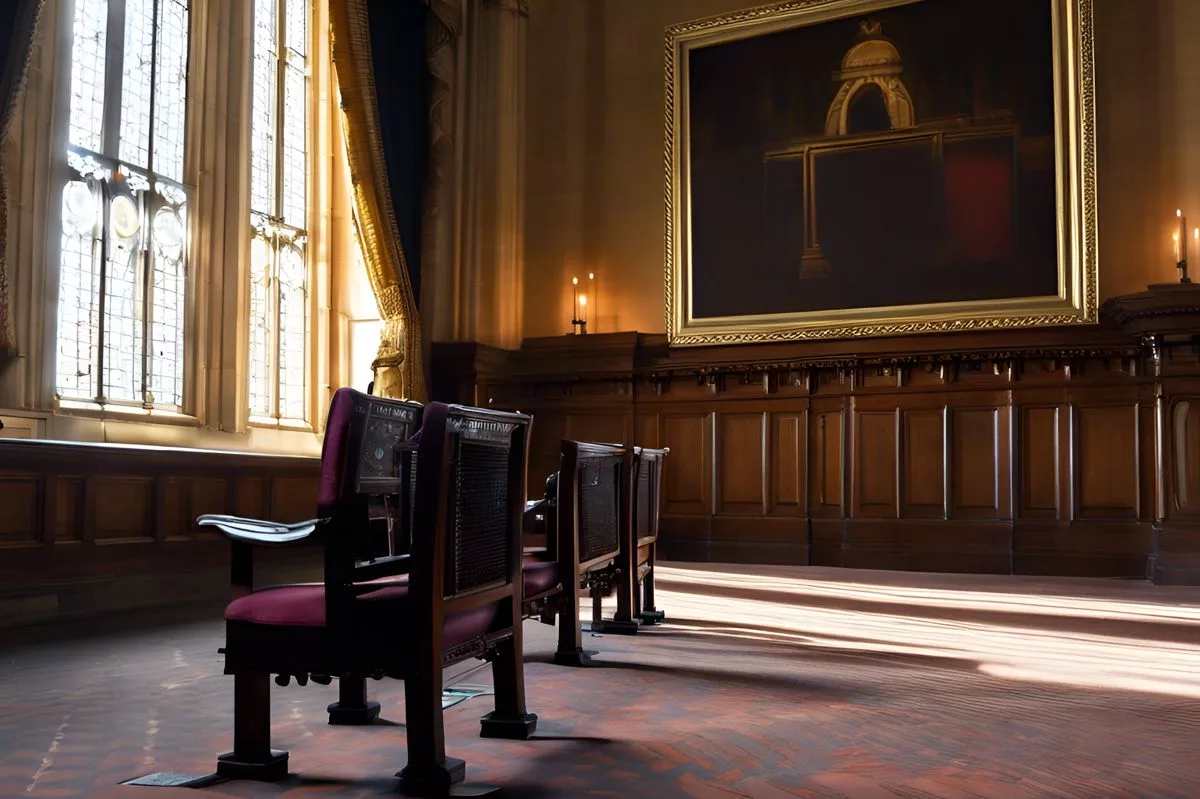The public hearings on the Tobacco Control Bill will be held in the Eastern Cape from the 26th to the 28th of January. The committee welcomes both written and oral submissions, and the primary aim of the Bill is to bolster public health protection measures. The proposed alterations include 100% smoke-free indoor public spaces and certain outdoor areas, a ban on the sale of cigarettes via vending machines, and regulation of electronic nicotine and non-nicotine delivery systems. Mixed reactions have been received, but advocates stress the importance of public involvement in discussions surrounding the Bill.
When are the public hearings on the Tobacco Control Bill being held in the Eastern Cape?
The public hearings on the Tobacco Products and Electronic Delivery Systems Control Bill (B33-2022) will be held on the 26th until the 28th of January in the Eastern Cape. These hearings are an essential part of the Parliament’s constitutionally mandated public participation process, and the committee welcomes both written and oral submissions. The primary aim of the Bill is to bolster public health protection measures and align South Africa’s tobacco control law with the World Health Organisation Framework Convention.
Resumption of Hearings
The Eastern Cape is setting the stage for the resumption of public hearings on the Tobacco Products and Electronic Delivery Systems Control Bill (B33-2022) from the 26th until the 28th of January. The hearings had been put on hold following a December recess, subsequent to the public’s interaction with the bill in several provinces, including North West, Limpopo, Mpumalanga, the Free State, and Gauteng.
These hearings are an integral part of the Parliament’s constitutionally mandated public participation process. This process is a cornerstone of democratic law-making. Dr. Kenneth Jacobs, chairing the committee, has expressed contentment with the quality of submissions received thus far, highlighting their significant role in fortifying the Bill.
Dr. Jacobs holds a positive outlook that the residents of the Eastern Cape will contribute substantially to the discussion surrounding the bill.
Encouraging Public Participation
The committee has exhibited a commitment to fostering a setting conducive to constructive responses on the Bill. It aims to achieve this by welcoming both written and oral submissions. Both forms of responses are held in equal regard during the committee’s deliberations.
The primary aim of the Bill is to bolster public health protection measures and align South Africa’s tobacco control law with the World Health Organisation Framework Convention. The Bill also seeks to repeal the Tobacco Control Act of 1993 (Act No. 83 of 1993). The proposed legislative and policy alterations include:
- Declaring indoor public spaces and certain outdoor areas as 100 per cent smoke-free.
- Instituting a prohibition on the sale of cigarettes via vending machines.
- Requiring unadorned packaging with graphic health warnings and illustrations.
- Imposing a ban on showing products at the point of sale.
- Regulating and managing electronic nicotine and non-nicotine delivery systems.
Mixed Reactions and Further Discussions
The Bill has stirred up diverse reactions in Gauteng. Some stakeholders fear that the current version of the Bill could negatively affect their local economy, potentially leading to unforeseen job losses. There have been requests for the Bill to be sent back to the National Economic Development and Labour Council for more extensive discussion and consideration.
At the same time, some parties suggest that tobacco products and electronic delivery systems should be regulated differently to highlight their distinctions. They have criticized what they view as the Bill’s failure to include harm-reduction strategies and lack of alternatives for smokers of combustible cigarettes, emphasizing the higher health risks associated with these products.
Support for the Bill
Contrarily, supporters of the Bill opine that the regulation of tobacco products is vital to protect non-smokers from second-hand smoke exposure. They contend that smokers often disregard non-smokers’ rights to a smoke-free environment, applauding the introduction of smoke-free zones. Supporters also propose that plain packaging and point-of-sale display prohibitions will deter spur-of-the-moment purchases and discourage younger age groups from picking up the habit.
Advocates of the Bill also underline the need to regulate the tobacco industry to lessen disease burden and health-related costs. Mentioning the Department of Health’s annual expenditure of around R40 billion on treating patients suffering from tobacco-related ailments as evidence of the urgent need for stringent legislation.
Dr. Jacobs strongly urges the citizens of the Eastern Cape to actively partake in discussions surrounding the Bill, stressing the importance of public involvement.
Hearings Schedule
The public hearings in the Eastern Cape will take place at the following locations:
- On Friday, 26 January 2024, at Butterworth Town Hall from 10:00 to 15:00.
- On Saturday, 27 January 2024, at Thobi Kula Indoor Sports Complex – Main Hall from 10:00 to 15:00.
- On Sunday, 28 January 2024, at East London City Hall from 10:00 to 15:00.
When is the Tobacco Control Bill being held in the Eastern Cape?
The public hearings on the Tobacco Control Bill will be held from the 26th to the 28th of January in the Eastern Cape.
What is the primary aim of the Tobacco Control Bill?
The primary aim of the Tobacco Control Bill is to bolster public health protection measures and align South Africa’s tobacco control law with the World Health Organisation Framework Convention.
What are the proposed alterations in the Tobacco Control Bill?
The proposed alterations in the Tobacco Control Bill include 100% smoke-free indoor public spaces and certain outdoor areas, a ban on the sale of cigarettes via vending machines, and regulation of electronic nicotine and non-nicotine delivery systems.
What kind of submissions are welcome in the hearings?
The committee welcomes both written and oral submissions. Both forms of responses are held in equal regard during the committee’s deliberations.
What are the mixed reactions towards the Bill?
The Bill has stirred up diverse reactions from stakeholders in Gauteng, some fearing that the current version of the Bill could negatively affect their local economy. However, supporters of the Bill opine that the regulation of tobacco products is vital to protect non-smokers from second-hand smoke exposure.
Where and when are the public hearings on Tobacco Control Bill being held in Eastern Cape?
The public hearings on the Tobacco Control Bill will be held at Butterworth Town Hall on January 26th, Thobi Kula Indoor Sports Complex on January 27th, and East London City Hall on January 28th, all from 10:00 to 15:00.












